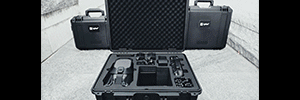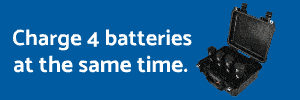- Joined
- Sep 30, 2018
- Messages
- 212
- Reactions
- 110
Upfront, I'm not in the US, I can fly drones up to 2.5kg in my jurisdiction without license and can do that commercially any time I want. All I need is to comply with general drone flight legislation and have insurance. So US legislation does not affect me.
BUT I am curious to understand the logic behind the rule that commercial drone pilots need a licence in the US and amateurs do not.
One would think that commercial operators fly a lot more and by this are far more experienced, so are much less likely to have accidents or are less likely to not fly by the rules. After all their business depends on it.
The amateur flys fairly infrequently and has generally less experience.
So does anyone know the logic as to why this separation happened?
To me it sound more like the existing drone operators had the better lobby initially.
BUT I am curious to understand the logic behind the rule that commercial drone pilots need a licence in the US and amateurs do not.
One would think that commercial operators fly a lot more and by this are far more experienced, so are much less likely to have accidents or are less likely to not fly by the rules. After all their business depends on it.
The amateur flys fairly infrequently and has generally less experience.
So does anyone know the logic as to why this separation happened?
To me it sound more like the existing drone operators had the better lobby initially.










